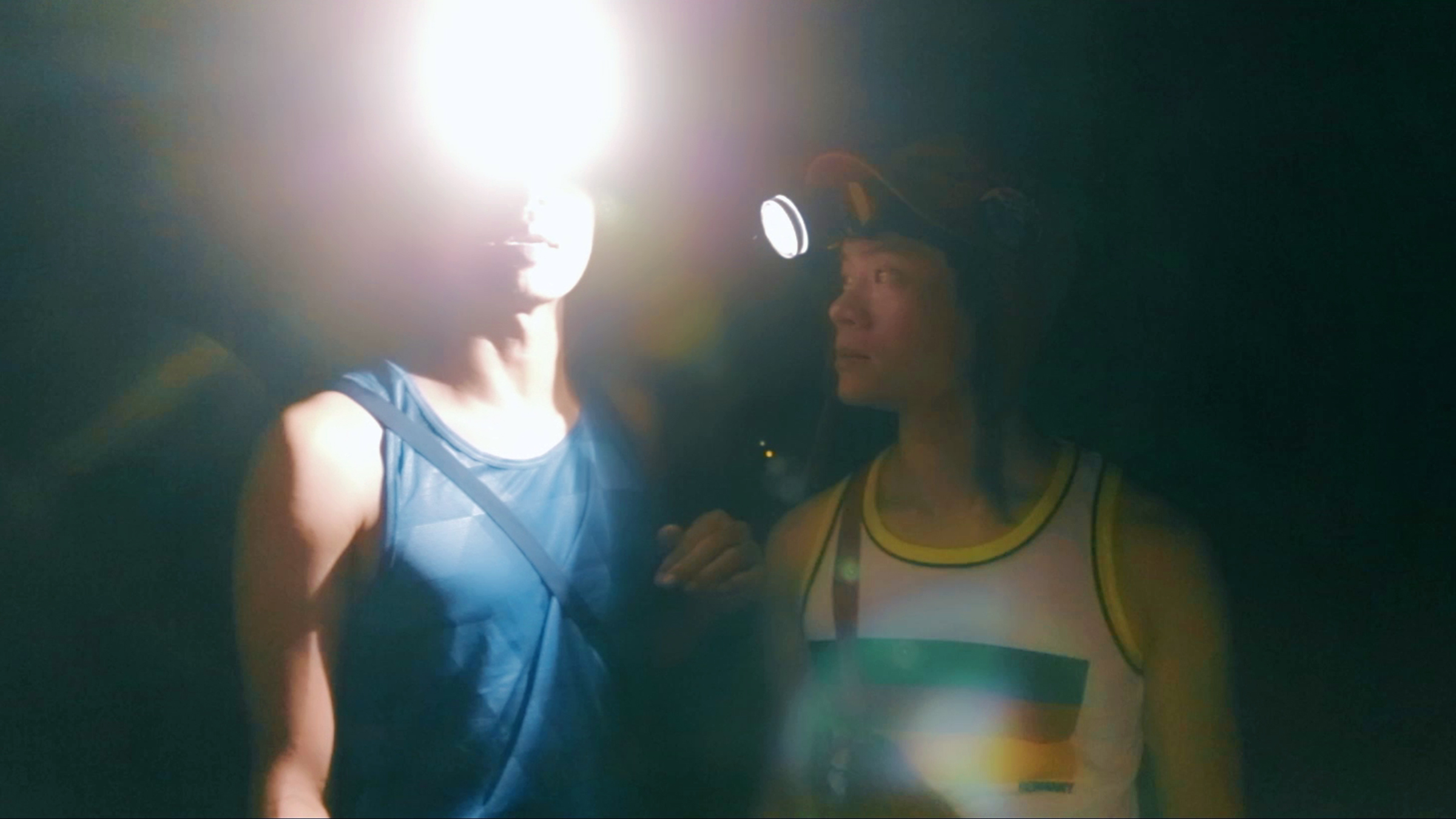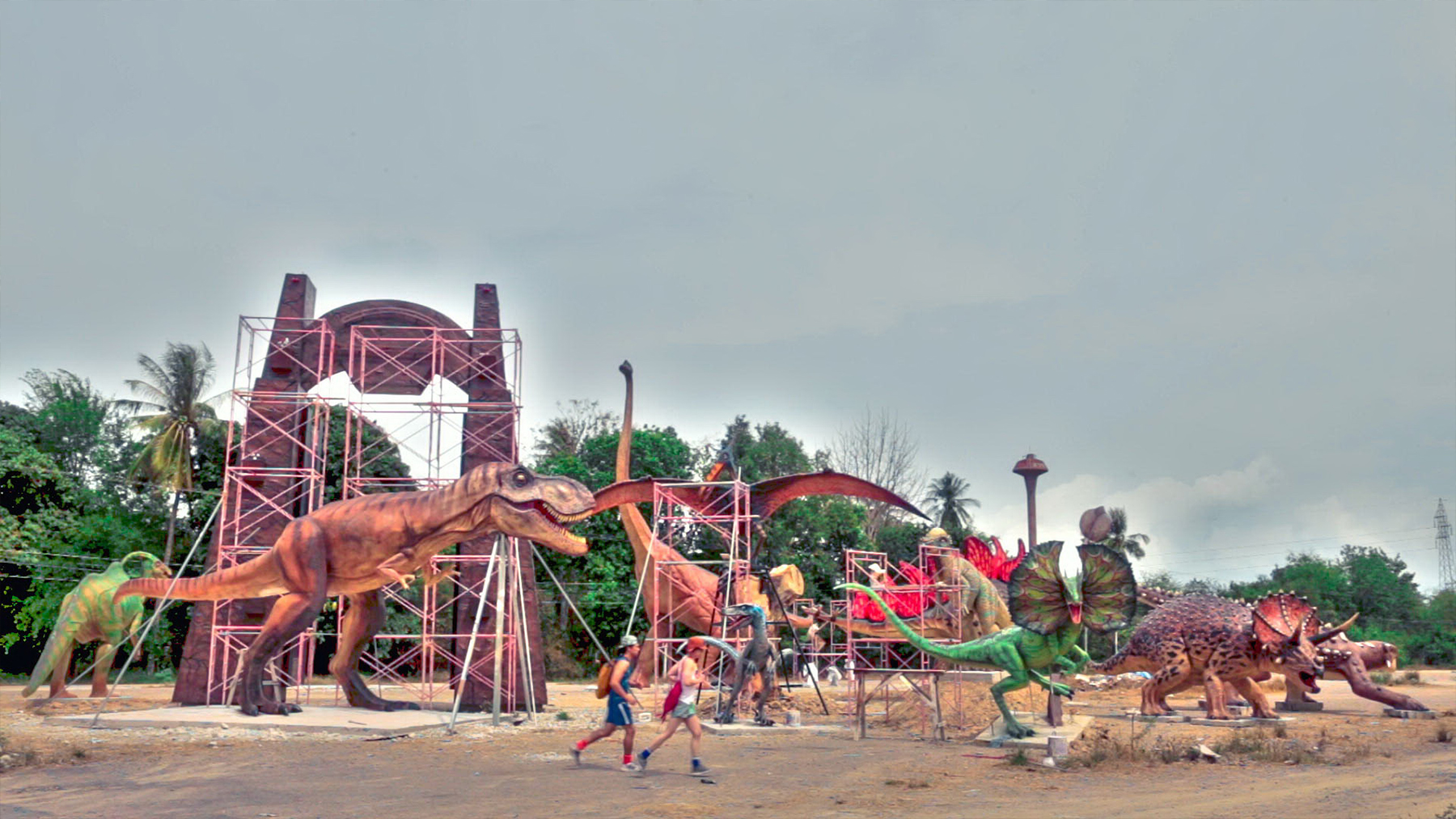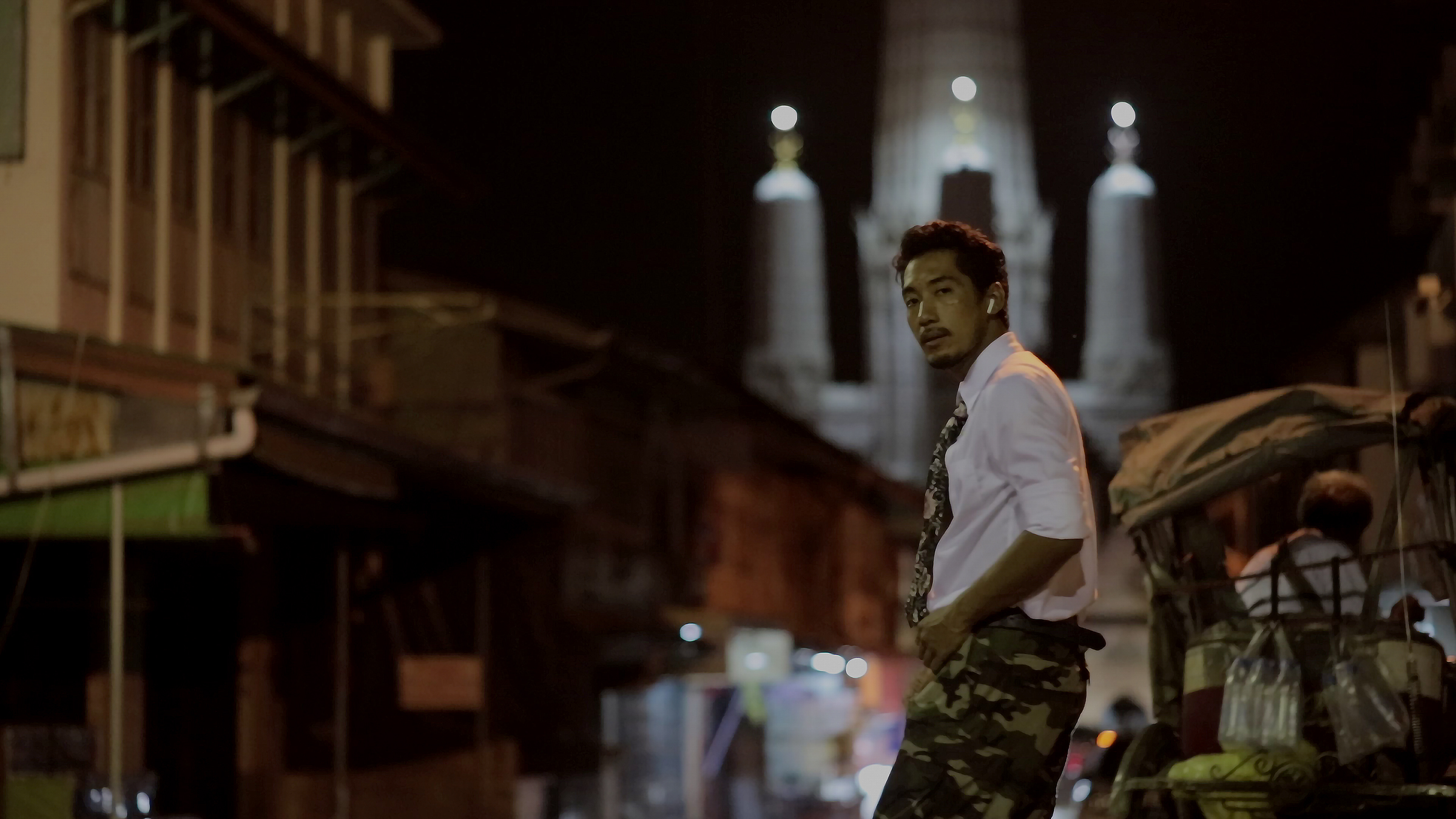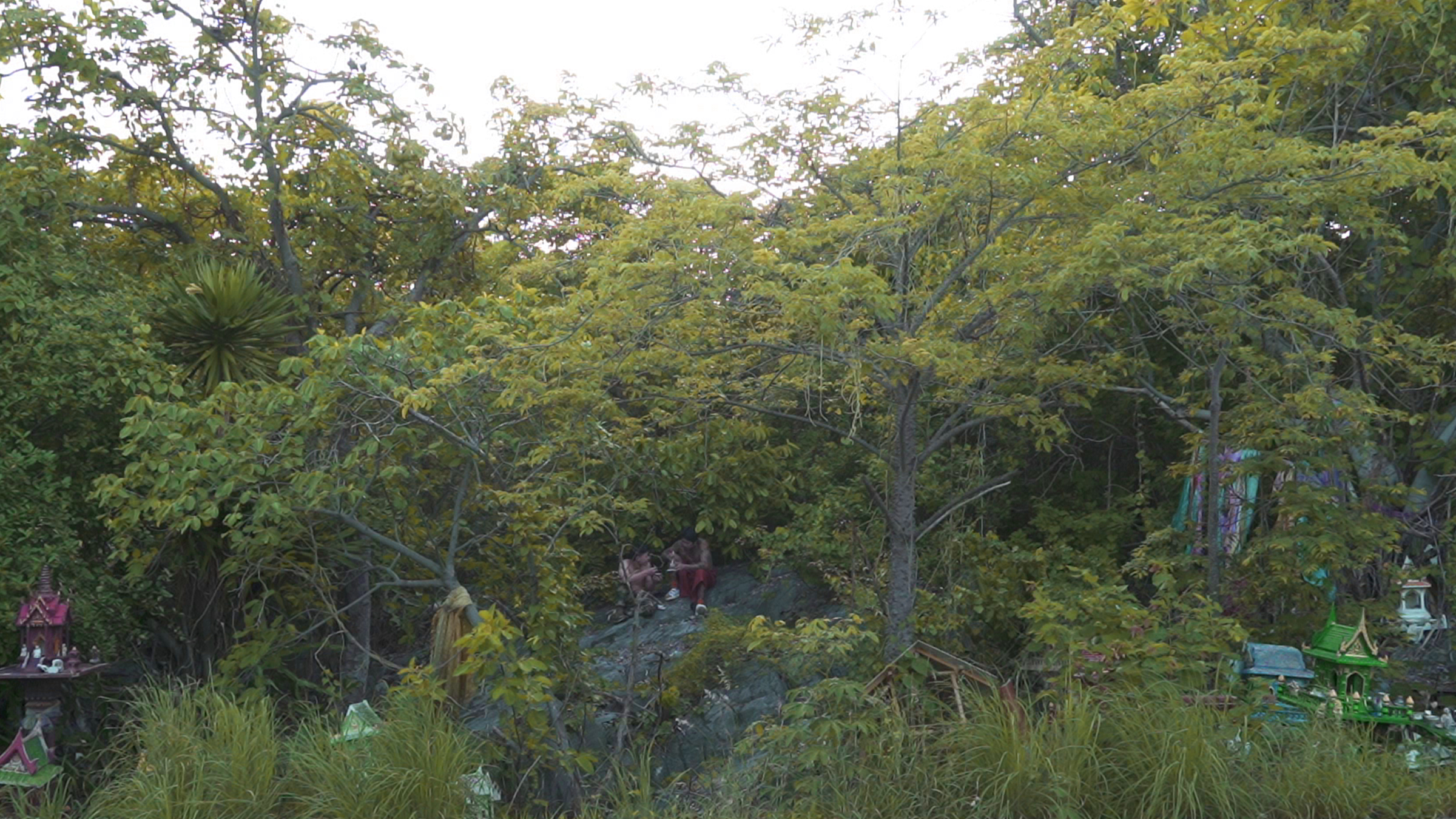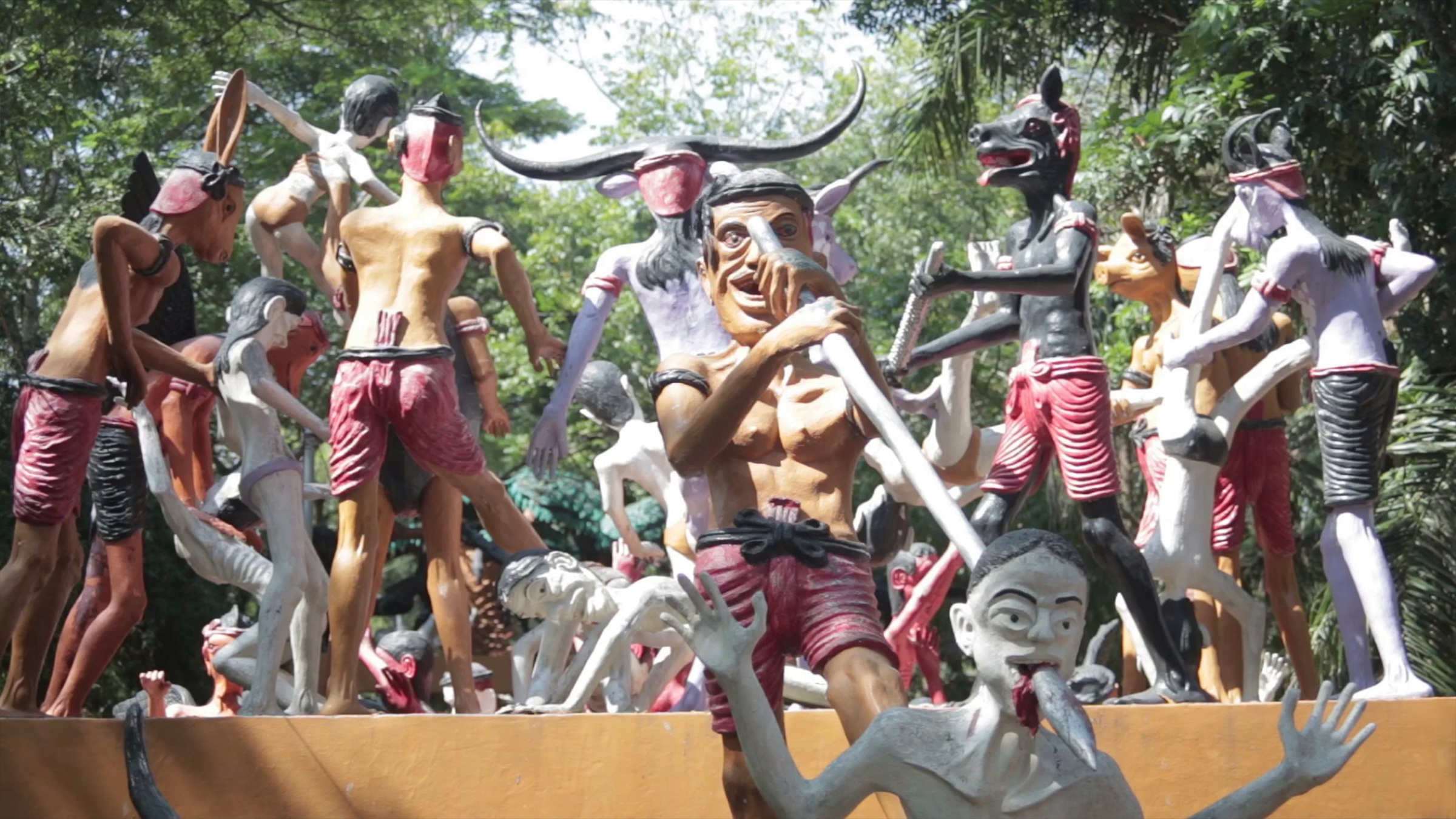Danse Macabre
Thunska PANSITTIVORAKUL, Phassarawin KULSOMBOON
- Thailand, Germany
- 2021
- 89min
- 15 +
- DCP
- color
KP
Synopsis
Danse Macabre, or Dance of Death, is an artistic, allegorical genre of the Late Dark Ages. Although this period was known for its strict religious virtues, it was also the most degenerate in European history. Danse Macabre is a dance ritual for people of all classes - from kings to beggars - serving as a reminder that death can happen at any time and to everyone.
Review
In Thailand, films that are against the regime or moral dignity are banned, and criticism of the monarchy that approved a military coup is punishable by up to 15 years in prison. Countless deaths are unresolved and forgotten as bizarre stories. Deaths caused by rape, suicide, and murder are fraught with deep-seated customary social relationships, questionable public systems, and unknown suffering—and such deaths lead to migrant workers who were detained and neglected in a train station under the excuse of preventing the expansion of COVID-19, and to bones that were torn to pieces in the mountains on the border between Myanmar and Thailand. Those bizarre deaths that have disappeared from politics, society, and history are revived as objects of uncontrollable desire through the dance of queer seduction. Even the royal family is permeated with queer and strange deaths. As the title suggests, Danse Macabre subverts the image of power that resolves social deaths into a mystery by putting the Thai deaths on the stage as an image of intense desire that exists beyond morality.
Director
-
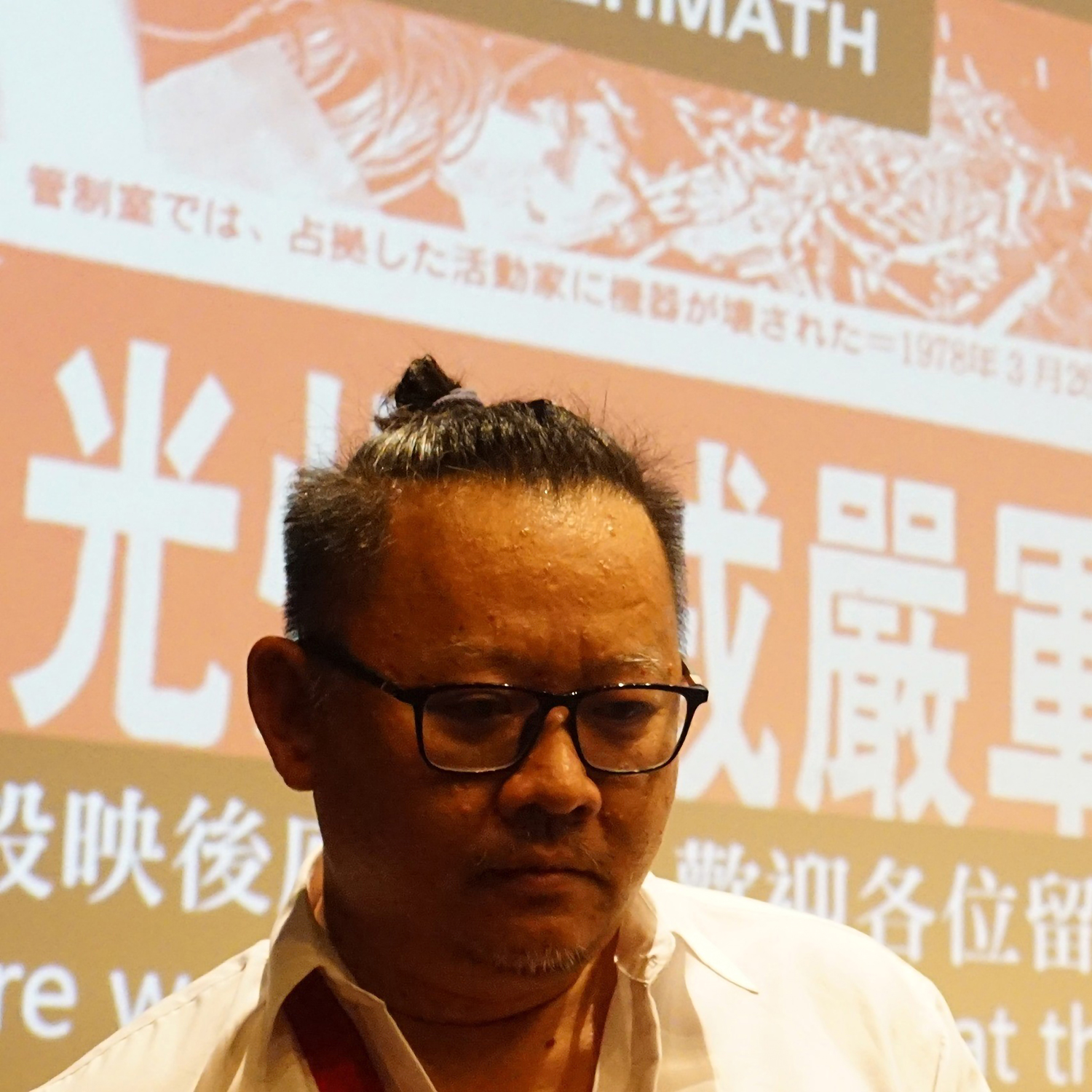
Thunska PANSITTIVORAKUL
Thunska Pansittivorakul won the Grand Prize award at Taiwan International Documentary Festival for his documentary feature Happy Berry(2004).
-
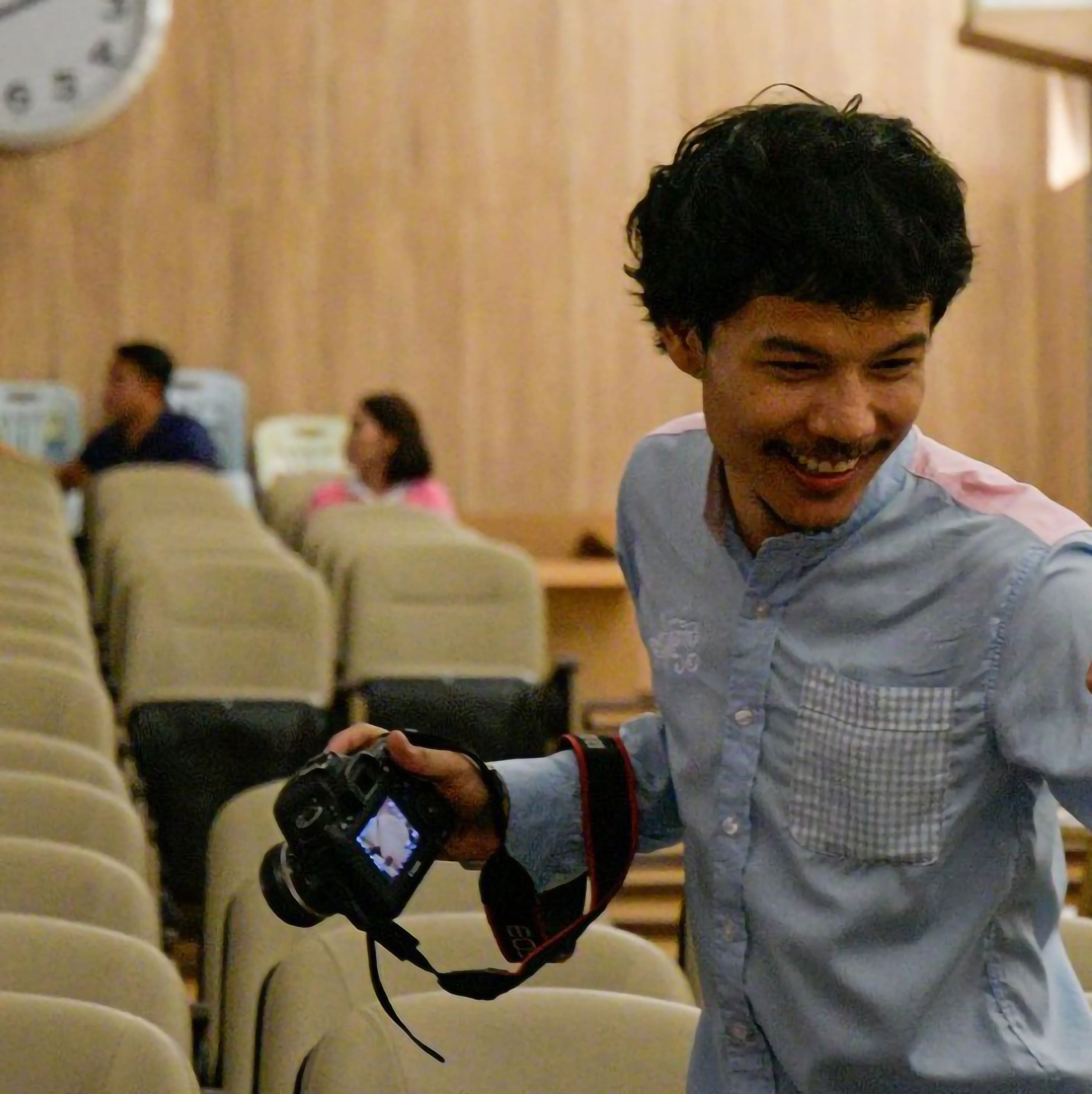
Phassarawin KULSOMBOON
Phassarawarin Kulsomboon served as the director of photography for various TV programs and documentary films. Currently, he is the guest lecturer for Animation and visual effect at the faculty of Digital media, Sripatum University.
